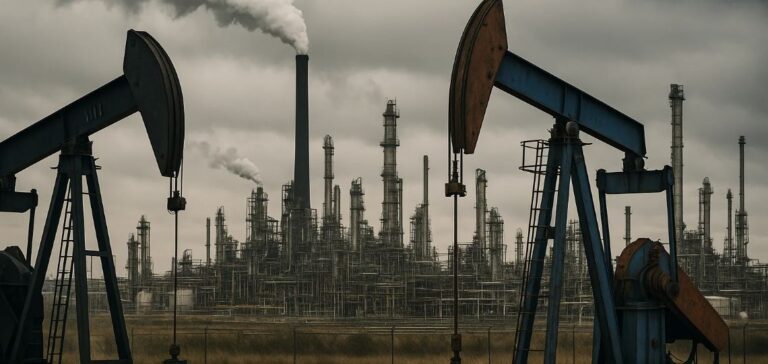Haitham Al Ghais, Secretary General of the Organization of the Petroleum Exporting Countries (OPEC), recently stressed the critical importance of energy security for the proper functioning of modern society. According to him, a disruption in energy supply could lead to dramatic consequences, such as job losses and economic decline. “Without energy, many things we take for granted would come to a standstill,” he stated.
Al Ghais expressed support for the “International Summit on the Future of Energy Security,” organized by the UK government and the International Energy Agency (IEA) in London. He praised the IEA’s renewed focus on energy security, a principle that OPEC fully supports. However, he criticized the IEA’s previous policies, which he views as too focused on ideological net zero goals with unrealistic targets that did not take into account the real challenges.
In an analysis of the situation, Al Ghais highlighted contradictions in the IEA’s recommendations. He argued that despite a policy advocating for the cessation of investments in new fossil fuel resources, fossil fuels remain essential, representing over 80% of global energy consumption. The IEA, while reducing the share of fossil fuels in its goals, forecasts record demand for oil and gas in 2025, as well as a rise in coal consumption.
Al Ghais also emphasized that OPEC views emission reductions and energy security as inseparable goals. He reaffirmed that investments in all energy sources are necessary to ensure sustainable development, stressing the need for policies based on real data and trends, rather than ideological beliefs.
OPEC, in collaboration with the IEA, is also hosting the IEA-IEF-OPEC workshop in Vienna, aimed at discussing the dynamics between physical and financial energy markets. Al Ghais views this as crucial for the stability of energy markets and global energy security.
Reactions to IEA Policies
Al Ghais expressed hope that at the London conference, the IEA would reaffirm its commitment to energy security. He acknowledged the importance of future collaboration between the IEA and OPEC to develop global energy strategies. “We look forward to working with the IEA after years of its policy prescriptions impacting energy security,” he concluded.





















